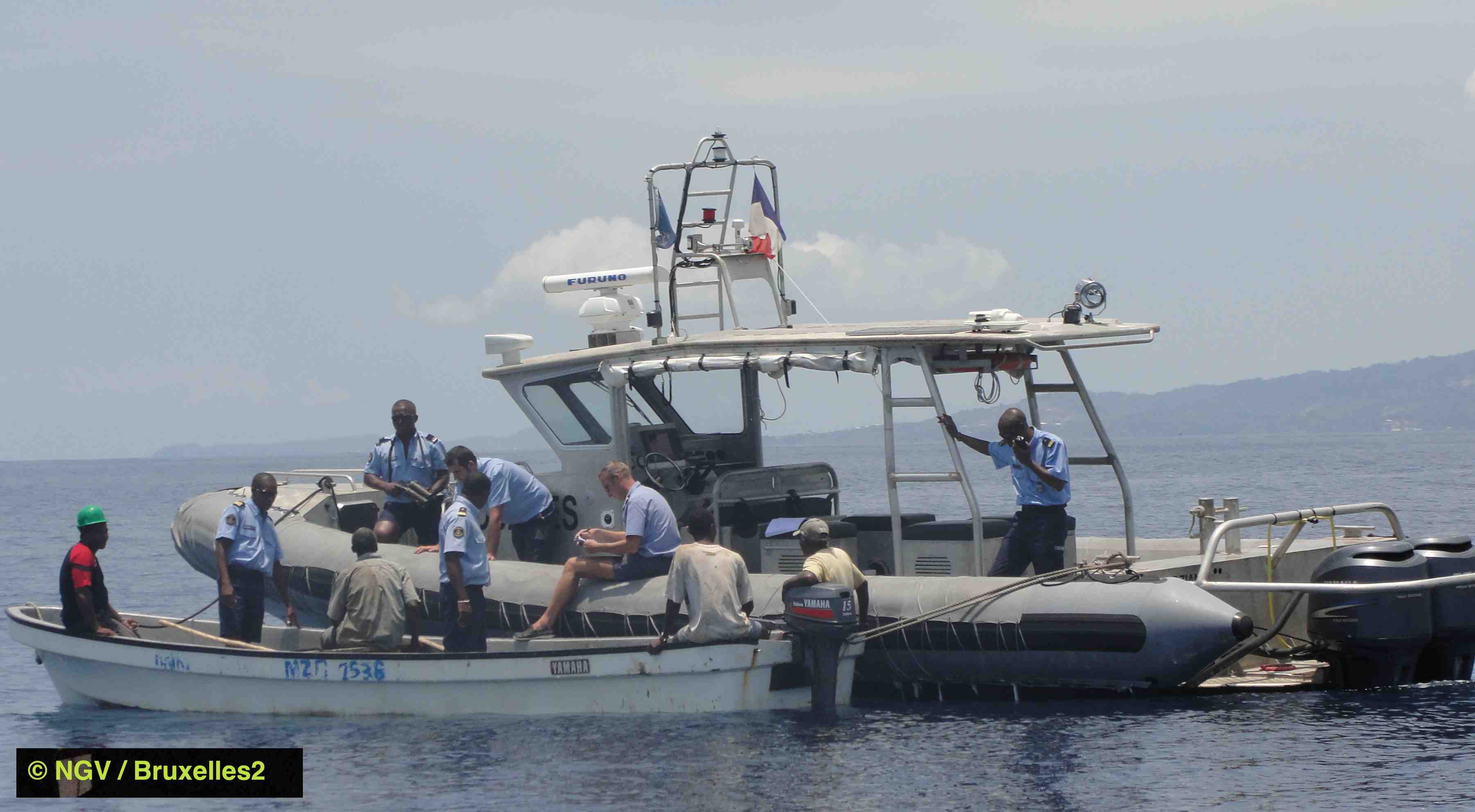The 27 consider what they can do in Libya the day after…
(BRUSSELS2) The 27 EU ambassadors who are members of the COPS (the political and security committee) are due to hold a new extraordinary meeting on Tuesday. This time, it will be devoted entirely to the situation in Libya. It is a question of adapting – in the light of the latest developments – the European response and in particular in the face of the arrival of rebels from Libya to examine the measures that can be taken to help the new Libyan government. Or as one diplomat summed it up, we must put the EU in battle order for the day after the fall of Gaddafi ».
Unfreeze of assets
The EU could embark on the path of lifting the sanctions or at least part of them. Part of the sanctions is based on the UN resolution. Only, normally, a modification of this resolution can bring about such a change. On the other hand, on the side of autonomous sanctions, the EU has the “hand”. This change will be made according to the situation on the ground, a situation which changes every minute ”estimates the spokesperson for Catherine Ashton. But necessarily it will be done at the request of the new authorities. " We take into account all the opinions, those of the Member States, and that of the opposition to the Gaddafi regime ". The central question is that of assets frozen in the various countries. A decision that could be made "quickly", he adds. It may be noted that the British Prime Minister, David Cameron, has already announced this morning that the United Kingdom is " ready to release frozen assets that belong to the Libyan people”.
Opening of a delegation in Tripoli
The EU has opened a technical liaison office in Benghazi, a "delegation" according to the European Commission spokesperson. This delegation could move “as soon as possible, as soon as the security conditions are met on the spot” specifies the spokesman of Me Ashton. In fact, it could be done "rather quickly" - according to the information gathered. The EU has already spotted a building that could serve as a delegation, which is currently empty (available) ". Remember that before the events, the EU did not have a delegation in Libya but its opening was provided for in the 2011 plan.
EU support for the transition
The EU is ready to become heavily involved in Libya to support the new regime on three levels: aid for democratic transition and support for the reconstruction of democratic and viable institutions, support for civil society, economic recovery and establishment of economic structures.
The new Libyan state, according to Brussels
What Europe wants, as Olivier Bailly, deputy spokesperson for the European Commission, recalled, had already been indicated to the opposition authorities: “ the organization and supervision of free elections as soon as possible, the creation of an efficient administration and judicial system, the development of a civil society and a free media, a reform of the security sector, that they are public or private, an economic policy that helps to revive this country and to create jobs ».
Humanitarian aid
European humanitarian aid has not been negligible. According to a first count, 150 million euros have been released for Libya since the start of the crisis in February, including 80 million financed by the Community budget. 31.000 foreigners were also evacuated by European planes as part of the airlift set up by the international community (including 5.800 Europeans), an evacuation partly financed by the European budget (cost: 10 million euros). This humanitarian aid will continue if necessary, says Commissioner Kristalina Georgieva, in charge of humanitarian aid.
Aid for economic restructuring
On the economic side, the European Commission does not want to commit to specific recommendations for the moment (privatization...), it is important that "this country restores a healthy economy" he answered the question of B2. But in the past, the Commission has always campaigned in favor of the establishment of rules of economic liberalization and openness to foreign (European) capital, which is for the moment in contradiction with the Libyan system which is largely based on state companies, even if multinational companies (starting with the Italian ENI or the French Total are present).
Security actions?
Several EU exploratory missions have already been on the ground and several options are now on the table as this blog has reported. " We have already started work. And we can go on fast explained Michael Mann, Cathy Ashton's spokesperson. But for the moment no project "is developed on border protection », a subject that is nevertheless crucial for the new regime if it wants to avoid any subsequent destabilization.
Read also:
